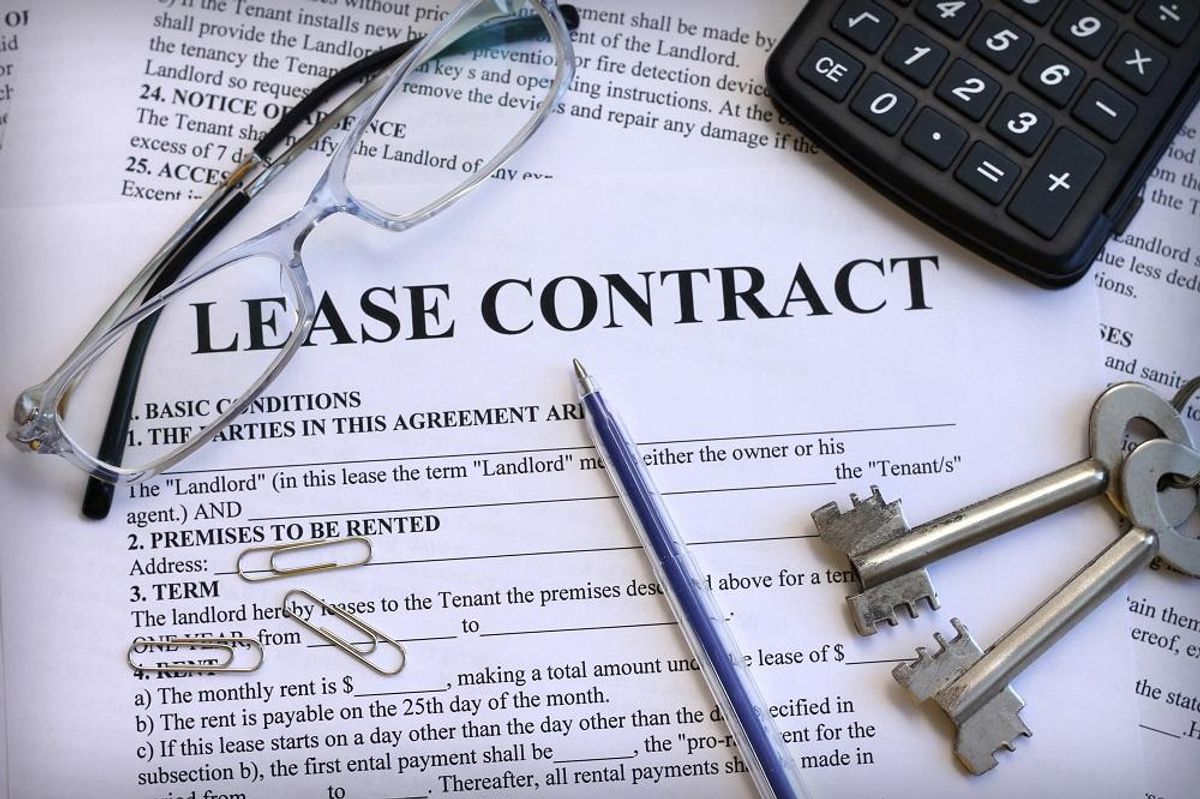
What Should I Do If My Tenant Breaks the Lease on My Rental Property?
Having a tenant break a lease can be a stressful experience. But by writing your lease agreement carefully, you may be able to head off some problems before they ever arise.
Breaking the lease usually means that a tenant has vacated a property before the term of the lease has expired. For example, if your tenant has a one-year lease, and they leave after nine months, this would be considered breaking the lease. Other issues, such as failure to follow the terms of a lease agreement, may also constitute breaking the lease.
Here are some helpful tips that will assist you in handling a broken lease agreement.
Specify what will happen if the tenant breaks the lease
When you sit down to write your lease agreement, consider the worst possible outcome: that your tenant will break your lease. This mindset will help you prepare for the worst and protect yourself, even as you hope for a problem-free tenancy.
First, state clearly what will happen if your tenant breaks the terms of the lease. For example, you can require that the tenant must find someone else to take over their lease before they will be free of their legal obligation under the lease agreement. This can help protect you against lost income resulting from a broken lease and a vacant rental unit.
You will also need to state what action you will take if the lease is broken and the tenant does not find a replacement tenant. You can state that the security deposit will be forfeit if the lease is broken, leaving you with some money to make up for the rent that you will miss. Since security deposits are typically only one month's rent, this may not be enough to satisfy your needs, but it is better than receiving no payment at all.
Include language that discourages breaking the lease
You should also include a statement that the lease agreement is legally binding and that you will take a tenant to small claims court to recoup the lost rental income amount. Including this stipulation may discourage your tenants from breaking their leases.
If your tenant vacates without notice, you are generally entitled to seize the security deposit under your lease agreement, and you may wish to take your former tenant to small claims court. However, it may be difficult to track them down. In this case, start searching for a replacement tenant while you seek to enforce the terms of the lease with your former tenant. You may not be able to track them down again, but you will at least have the security deposit as a buffer.
More articles from AllBusiness.com:
- 10 Ways to Resolve Landlord/Tenant Disputes
- How to Choose a Commercial Real Estate Broker for Your Small Business
- What’s the Difference Between a Rental Agreement and a Lease for a Rental Property?
- Mandatory Disclosures When Selling Real Estate
- What Can I Do If My Tenant Sublets My Rental Property Without Notifying Me?
Include language for cases where leaving is unavoidable
But sometimes renters can't avoid leaving a rental unit before the lease term is up. Job transfers are one such example that happens fairly often. In this instance, you can still request that they find someone to take over the remainder of the lease. You can also help assist your current tenant in finding a replacement.
If your current tenant is unable to find someone to take over the balance of the lease, you can decide whether or not you wish to enforce other remedies for recouping your losses. You may insist that your tenant continue to pay rent for the property until a suitable replacement has been found. However, in many cases, this is not economically feasible for the tenant. It will be up to you to release them from their agreement or take action to enforce payment.
Things get muddier if you seek to evict your tenant for breaking some other stipulation of your lease agreement. Start with some form of notice to a tenant that they have broken their lease agreement, and then try to work out a solution. Only when that fails should you seek to evict them.
RELATED: 10 Tips on Writing an Airtight Lease Agreement: A Guide for Landlords



